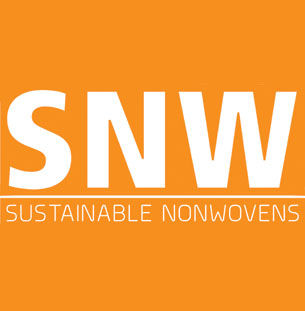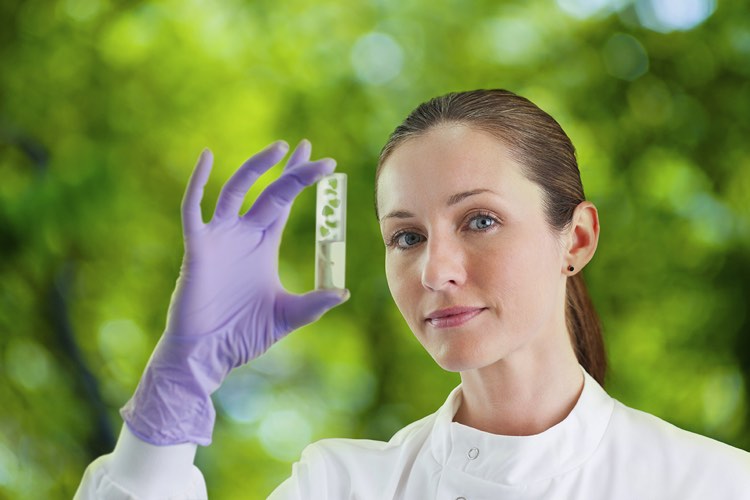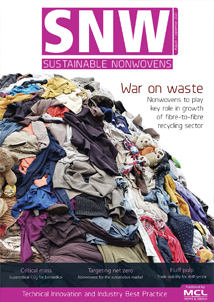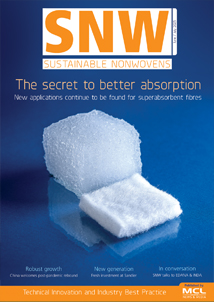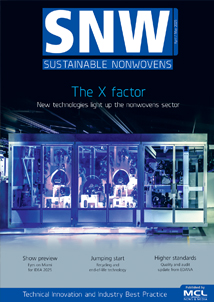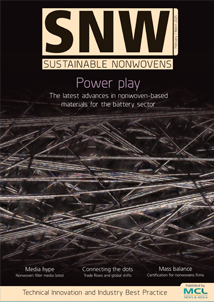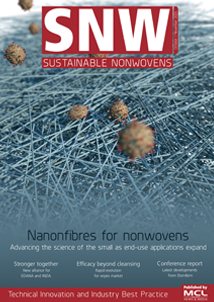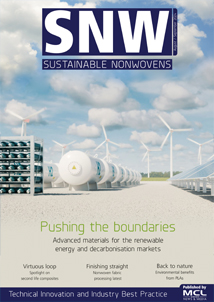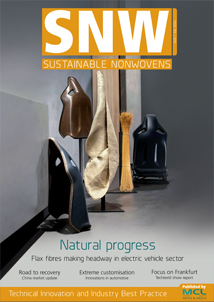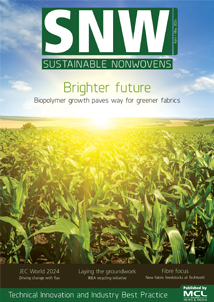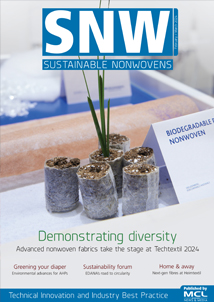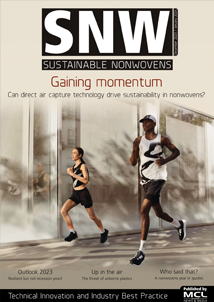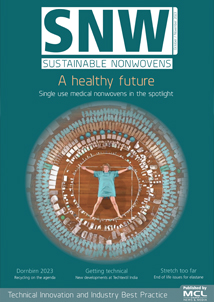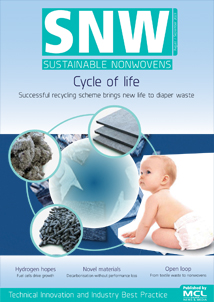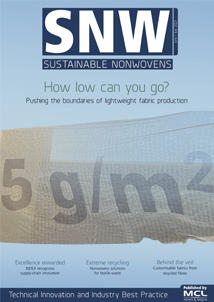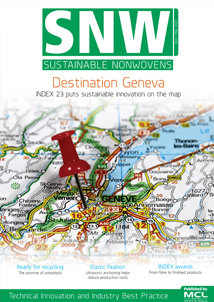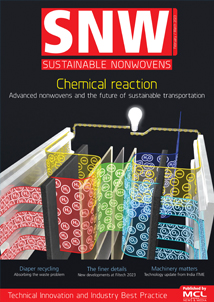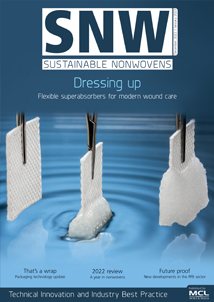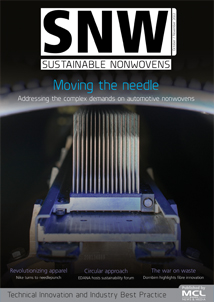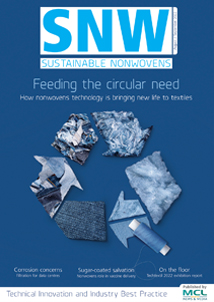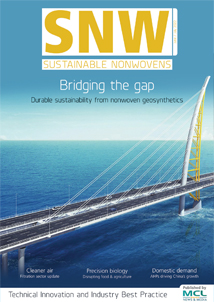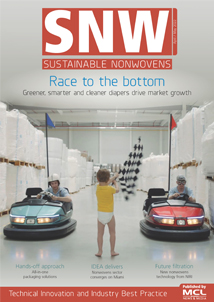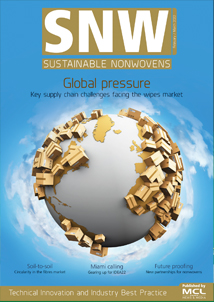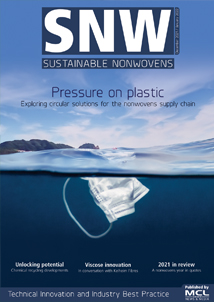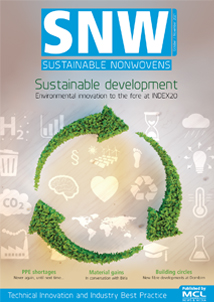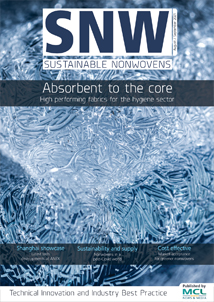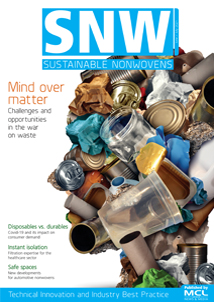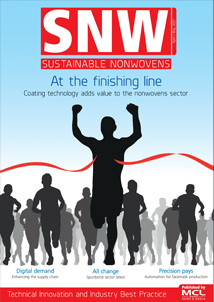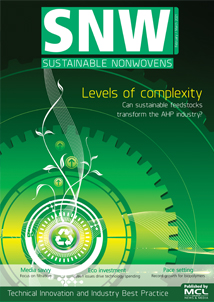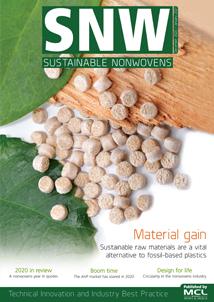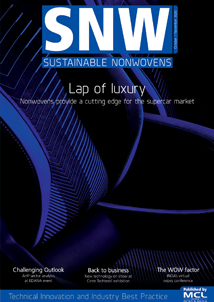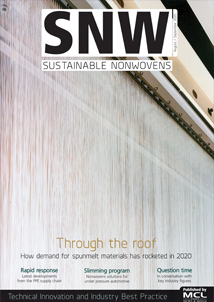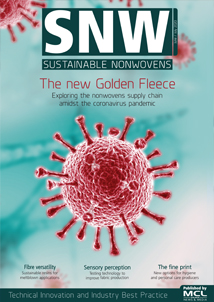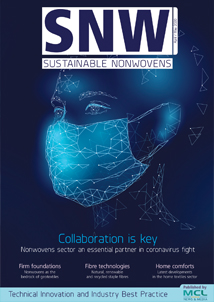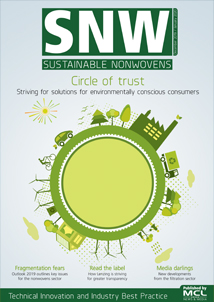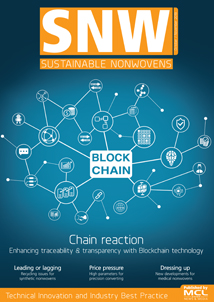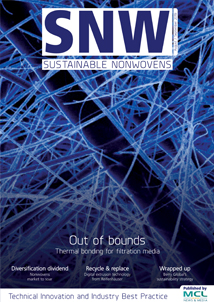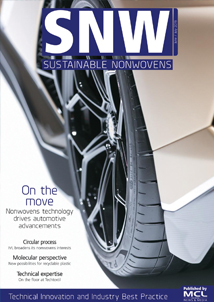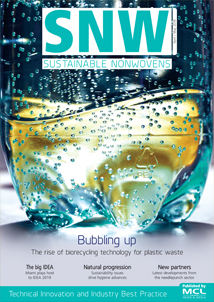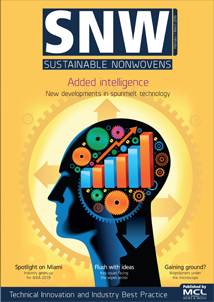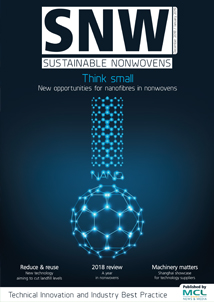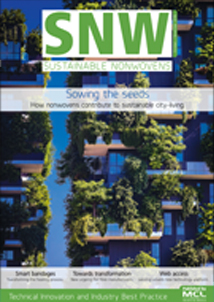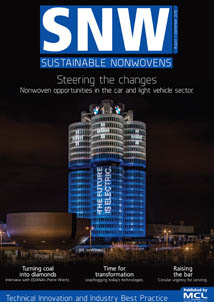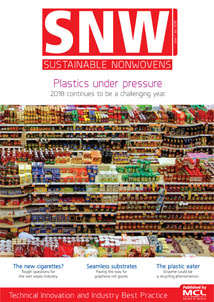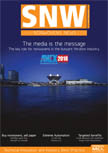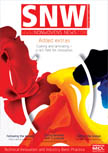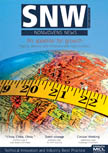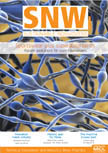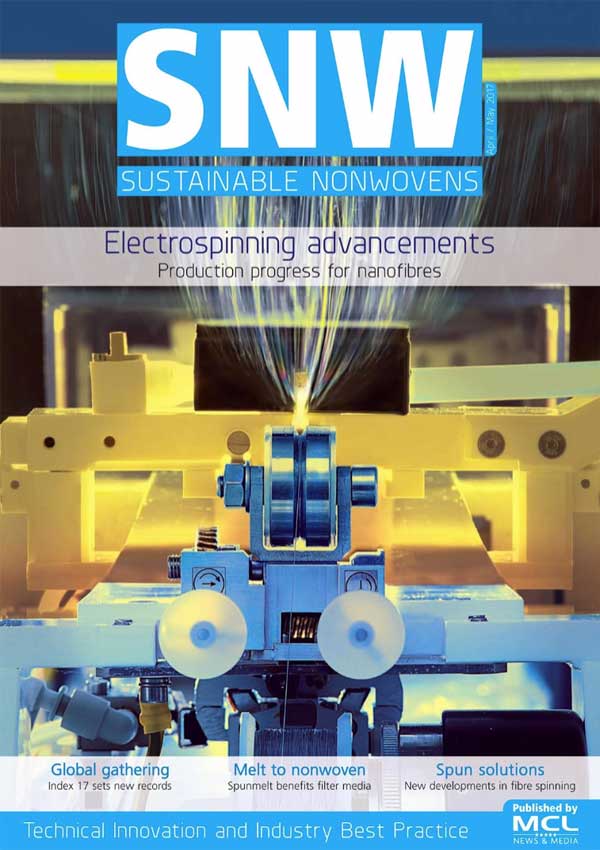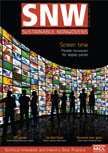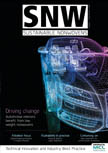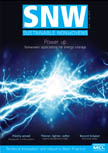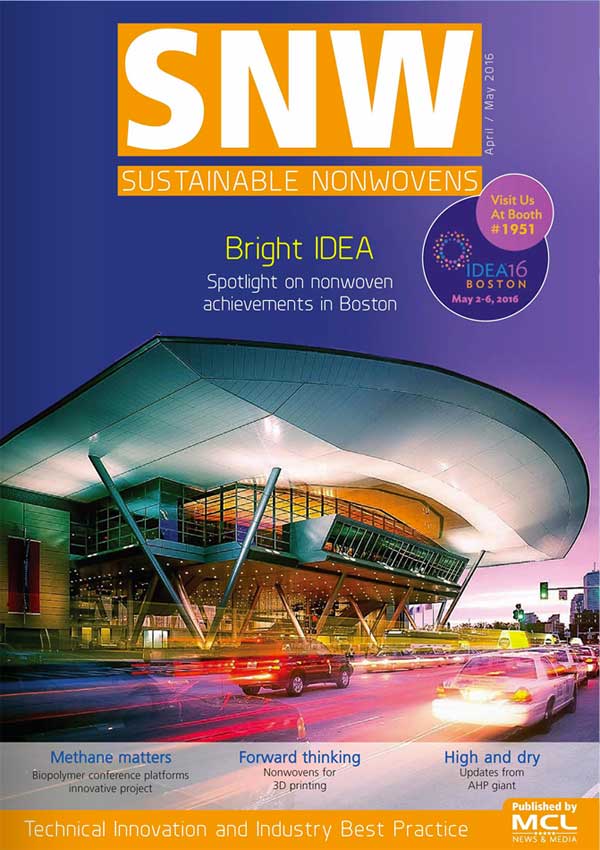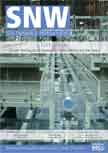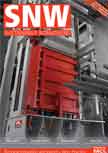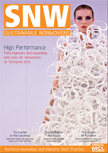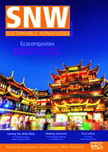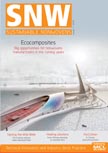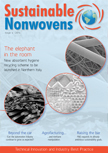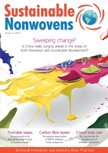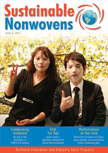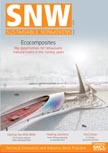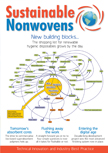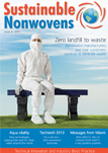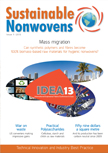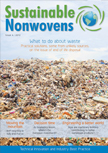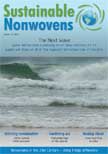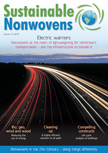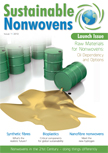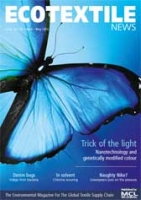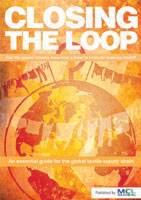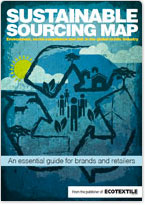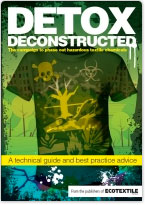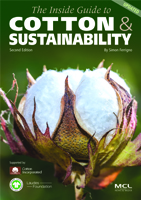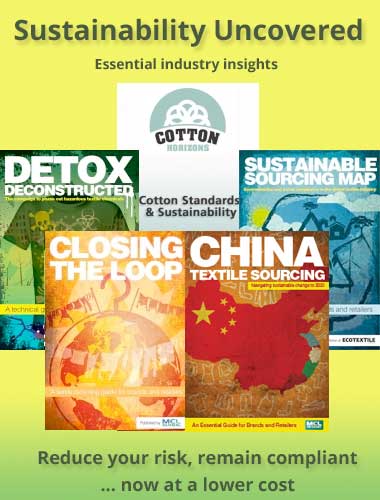ZURICH – The Berlin-headquartered Robert Koch Institute has included probiotic surface cleaning in its new official recommendations for hospital hygiene and infection control – a major breakthrough for HeiQ’s Synbio technology.
The institute is internationally regarded as a hospital hygiene authority and the German government’s central institution for the identification, surveillance, and prevention of infectious diseases.
It has recently updated its hygiene requirements for surface cleaning to now include probiotics as a sustainable and proven way to contribute to improved hospital hygiene by creating more beneficial surface microbiology in hospitals and other health facilities. The previous guidelines date back to 2004 and the update represents a major change in the approach to hospital hygiene, which until now was solely focused on disinfection.
The newly released recommendation by the Robert Koch Institute Commission for Hospital Hygiene and Infection Prevention states that “the use of probiotics on surfaces in medical facilities is an interesting approach because probiotic bacteria form a long-term stable microbiome, while the success of disinfection only lasts for a short time. Furthermore, disinfectants are known to stimulate the development of cross-resistance to antibiotics, which is not the case with probiotic cleaning products.”
When microorganisms are removed from a surface by disinfection, the diversity of the surface microbiome is disturbed. Several studies cited in this recommendation conclude that probiotic surface cleaning “allowed a drop from 4.8% to 2.3% in nosocomial infections (acquired in hospitals)” in comparison to chemical disinfection. In addition, antimicrobial resistance genes decreased by up to 99% during probiotic cleaning, and the use of antibiotics due to nosocomial infections went down by 60.3%, representing a decrease of 75.4% in related costs.
“The new guidelines prove that our approach to surface cleaning was right and that it represents an effective, safe and sustainable new technology for hygiene and infection control,” said Robin Temmerman, CEO of HeiQ Chrisal and head of HeiQ Life Sciences. “It is extremely satisfying to see that over ten years of clinical research now results in a different mindset among infection control professionals, opening up opportunities for new sustainable technologies like HeiQ Synbio.”
“The inclusion of probiotic cleaning is the result of several years of research that resulted in solid evidence about how it can be used as an effective ally against nosocomial infections, a major problem that needs proper attention,” observed Dr Tilman E. Klassert, one of the scientists cited in the Robert Koch Institute guidelines.
According to the World Health Organisation in a recent information session for its member states on infection prevention and control, hospital-acquired infections affect “hundreds of millions of patients, health workers and hospital visitors” worldwide with significant human suffering and costs for national healthcare systems, and “many of the nosocomial infections are completely avoidable.” Even so, one in every 10 patients dies from nosocomial infections.
Synbio is a patented combination of pre- and probiotics, formulated and stabilised by HeiQ Chrisal available in spray form and in cleaning products such as wipes.
